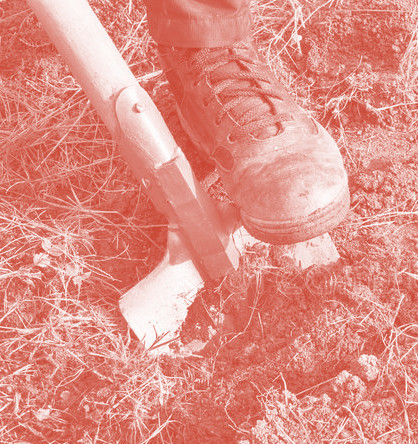Soil storage at threat
 The ability of soil to store carbon is being threatened by climate stressors.
The ability of soil to store carbon is being threatened by climate stressors.
Droughts, heatwaves, fires, and fertilisers have been identified as significant factors that reduce the capacity of soils to store carbon in new research.
This finding is particularly concerning for regions like Australia where harsh climate conditions prevail.
The study, encompassing 1,880 surface soil samples from 68 countries, indicates that the cumulative effect of these stressors significantly diminishes soil carbon stocks and their ability to persist.
The research reveals that low-productivity ecosystems, such as deserts, are especially susceptible to losing soil carbon when exposed to multiple stressors simultaneously.
The findings indicate “that the number of global change stressors is a crucial factor for soil carbon storage and persistence worldwide”, according to the paper.
This points to an urgent need for strategies to mitigate these stressors to protect soil carbon stocks, which play a vital role in climate regulation.
The findings emphasise the importance of maintaining soil health to prevent further acceleration of climate change.
As soils lose their carbon storage capacity, more carbon is released back into the atmosphere, exacerbating the greenhouse effect.
Thus, understanding and mitigating the impacts of climate and anthropogenic stressors on soils is critical for global carbon management and climate stability.
This research is more evidence of the interconnectedness of soil health and climate change, which experts say requires integrated approaches to manage and protect soil ecosystems.








 Print
Print